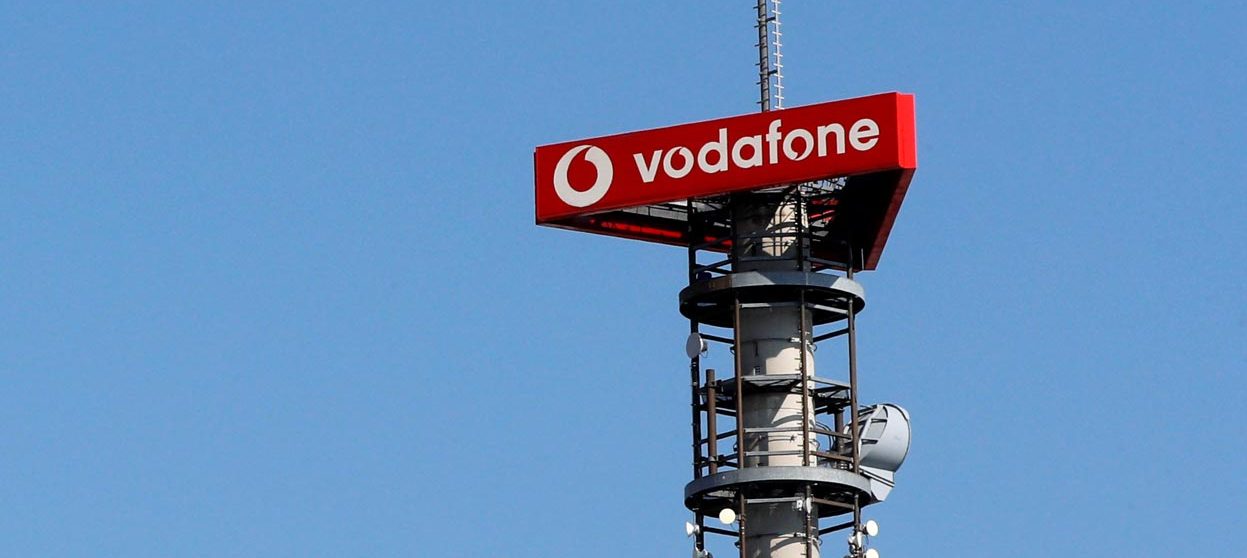- People in the know would have noticed how infamous the 2012 retrospective amendment to tax indirect transfer of Indian assets had been with the business conglomerates, especially overseas behemoths, who were not convinced with the ill-thought-out move. For the uninitiated, this act was introduced by the then Finance Minister and the Late Former President Pranab Mukherjee during the UPA’s second term. The narrative simply failed to gain traction as the global investors were convinced such a move was not only bad for the business interests but also reeked of unjustifiable fiscal burden where none were prepared to shoulder.

PC: Quintype
- Extending an invitation to prospective investors to the country by rolling out red-carpet on the one hand and by holding on to the regressive tax burden on another hand simply sounded hollow. No wonder, the 2012 retrospective amendment caused India more reputational damage than any other move since 1991. Consequently, big business houses like Vodafone and Cairn Energy were forced to seek relief by approaching international arbitration courts which went in their favor. Even though the NDA dispensation took quite a dim view of retrospective changes in its very first budget in July 2014 leading to fresh liability, the cascading damage to the 2012 amendment continued.
- In a welcome move, the Lok Sabha recently cleared a direct tax bill that effectively buries the extremely unpopular 2012 retrospective amendment to tax the indirect transfer of Indian assets. The NDA government deserves to be applauded for initiating the measure. Of course, the bill was introduced to primarily negate a Supreme Court verdict on the Government of India’s tax demand on Vodafone International’s indirect acquisition of a majority stake in an Indian telecom firm. With this move to irrevocably bury the 2012 amendment using the Parliamentary route, the NDA has sent a clear signal to prospective investors across the globe that a retrograde tax will not come in the way of their business interests anymore.

PC: PTI
- Note that the move also has a direct bearing on 17 cases where income tax demand has been raised. Most interestingly, the legislation introduced in the Lok Sabha even provides for a refund of the principal amount, without interest, of the tax collected on the condition the firm’s concerned drop legal proceedings. There are two-fold benefits that could accrue to the nation with the latest development. Firstly, the move is bound to send an unambiguous signal to global firms at a time when supply chains are being relocated from China. Secondly, it will be a reassuring signal to the market dynamics which will go a long way in cementing India’s reputation as a reliable jurisdiction.
- To realize the dream of being an international arbitration hub, this is an essential requirement as a reputation for effective enforcement of awards against public bodies is very much needed. Amid ongoing disruptions by the opposition in the two Houses, the passing of the Bill by the Government of India deserves due credit.






